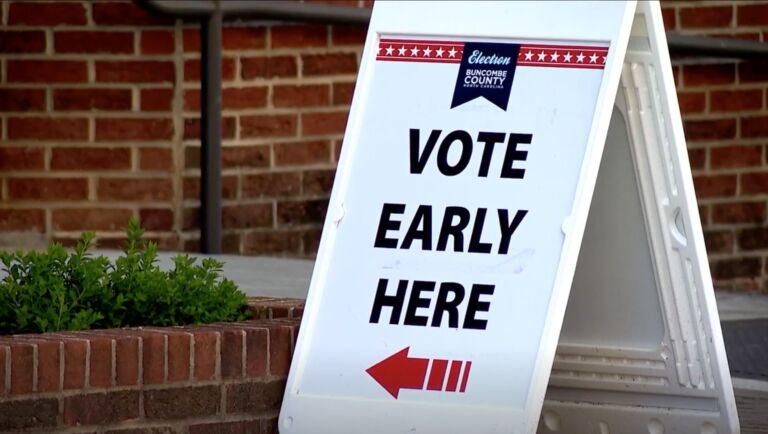John Davidson writes at National Review Online about one of the Affordable Care Act’s built-in problems.
One of the problems with big government is that it tries to do too many complex things it can’t do very well, like run national health-insurance programs for the poor and elderly. In order to get the job done, government bureaucracies often rely on unelected advisory groups from the private sector. These are made up of important people from whatever industry is relevant to the federal program or policy. In Medicare and Medicaid, for example, the government usually draws advisers from major hospitals and health-insurance companies.
You can imagine the opportunities for cronyism and conflicts of interest such a scheme might create. Medicare and Medicaid combined will spend about a trillion dollars this year to pay medical bills for tens of millions of poor and elderly Americans. Medicaid alone accounts for 15 percent of all health-care spending in the United States and pays for roughly one-third of all births every year. Those dollars go directly to hospitals, doctors, and insurance companies.
What makes the risk of corruption even greater is that many of the advisory groups the government puts together are relatively obscure. Most Americans — unless they work in Congress or write about health-care policy — have probably never heard of the Medicaid and CHIP Payment and Access Commission (MACPAC). …
… But like so much else with Obamacare, MACPAC is beginning to look awfully partisan. In January, Republicans on the House Energy and Commerce Committee sent letters to MACPAC and the GAO questioning the selection process for the commission. Committee Chairman Fred Upton (R., Mich.) and Health Subcommittee Chairman Joe Pitts (R., Pa.) expressed concerns about conflicts of interest on a panel that’s supposed to be independent and nonpartisan, and inquired about the apparent lack of guidelines for determining who is eligible to serve on the commission.


